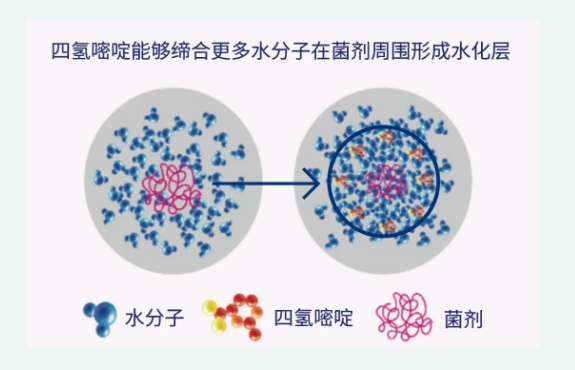
Ect-S, as a new type of biological protective agent, has attracted extensive attention in the field of agricultural microbial preparations because of its unique protective mechanism. It can not only protect plant cells from the impact of stress, but also significantly improve the activity and stability of microbial agents, known as "microbial protection God". In this paper, the mechanism of action of Ect-S and its application in maintaining the activity of bacteriotics will be introduced in deta
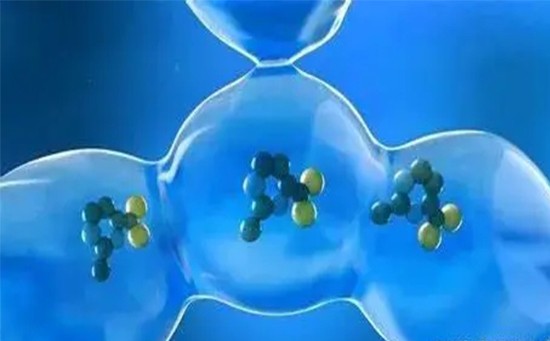
Tetrahydropyrimidine, a unique amino acid derivative, has shown remarkable potential in the fields of biology, cosmetics and health care since its discovery. As an effective component derived from hyperhalophilic bacteria that survive in extreme environments, tetrahydropyrimine has won extensive attention from the scientific community for its excellent stress protection function and comprehensive repair ability.
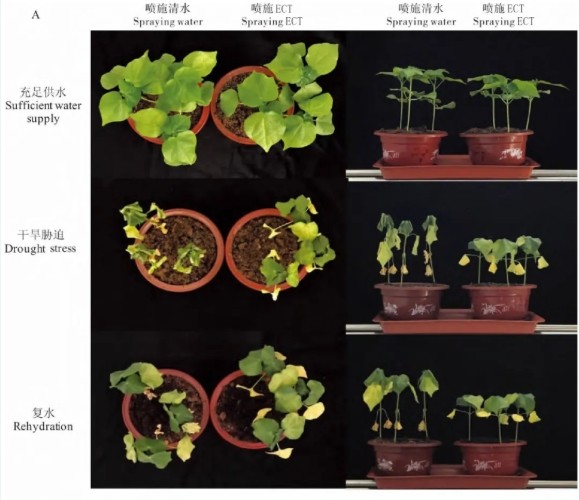
Tetrahydropyrimidine Plus(Ect-S) is a new type of plant anti-stress agent developed by Namet Corporation. Compared with traditional tetrahydropyrimidine, Ect-S has shown a more significant effect in improving plant stress resistance, especially in high temperature and drought environment, it can significantly improve plant survival rate and growth rate, and help plants effectively resist the pressure brought by high temperature in summer.

In the context of increasingly severe global climate change, high temperature has become one of the main threats to crop yield and quality. To help plants protect themselves from heat and sunburn, scientists have developed a plant-based sunscreen called Ect-S. Ect-S not only helps plants resist high temperatures, but also effectively prevents sunburn, ensuring healthy growth even in extreme weather conditions.
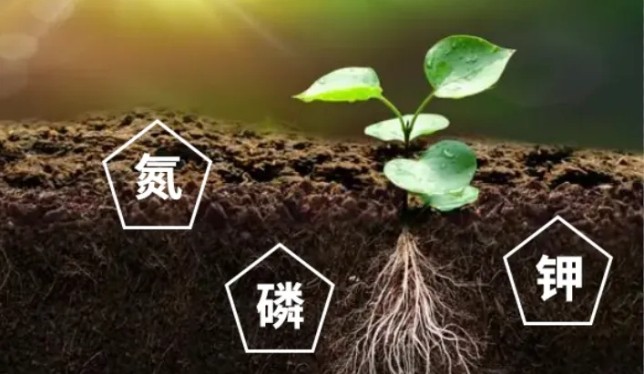
Alpha-ketoglutaric acid plays a very important role in modern agriculture, not only promoting the absorption of key nutrients by plants, but also improving the growth rate and yield of crops. The following is a popular science article on how to solve the problem of slow crop absorption and improve fertilizer efficiency.
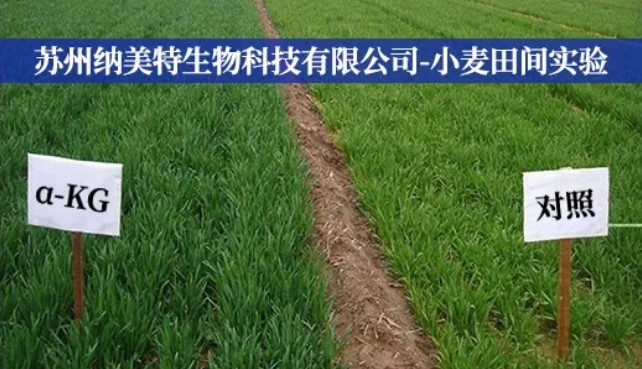
As an important organic acid, α-ketoglutaric acid not only participates in a variety of biochemical processes in plants, but also has significant antioxidant properties, which can enhance the stress resistance of plants. Here are a few key ways that alpha-ketoglutaric acid can help plants improve their stress resistance:
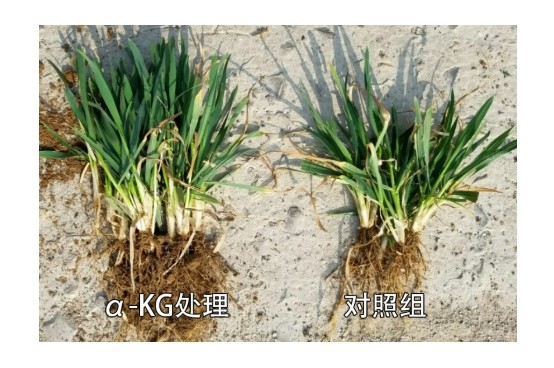
With the improvement of seed quality and scientific and rational fertilization, crops can no longer rely on fertilizer alone to increase production value. Whether it is farmers, or fertilizer manufacturers, now need "biological stimulants" to break through the dilemma!
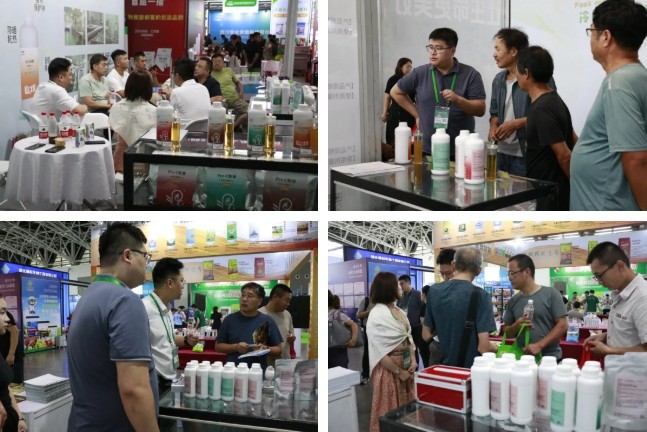
From July 30 to 31, 2024, our company was honored to participate in the Northwest Plant Protection Association hosted by Phoenix Plant Protection Day in Xi 'an. The Northwest Plant Protection Association brought together many enterprises, experts, scholars and related practitioners in the agrochemical industry to discuss the latest technology and market dynamics in the field of plant protection.
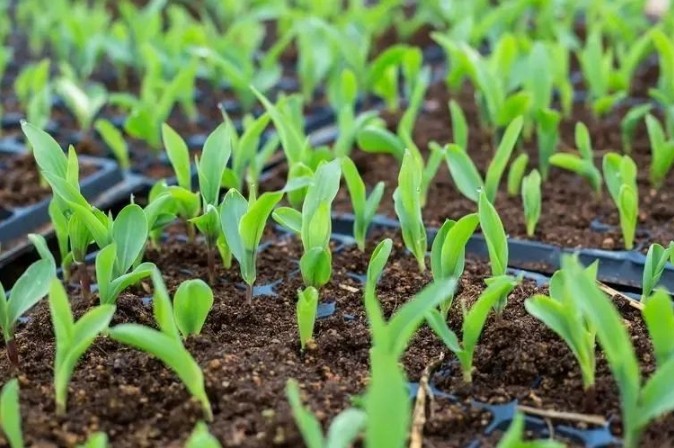
5-aminolevulinic acid (5-aminolevulinic acid) is a chlorophyll precursor (Pre-C) and anthocyanin stimulant. Its ultra-high activity has been tested and reported by domestic and foreign academic research institutions and enterprise research institutes. However, it is precisely because of this characteristic that 5-aminolevulinic acid can not reflect the long-term stable field effect.
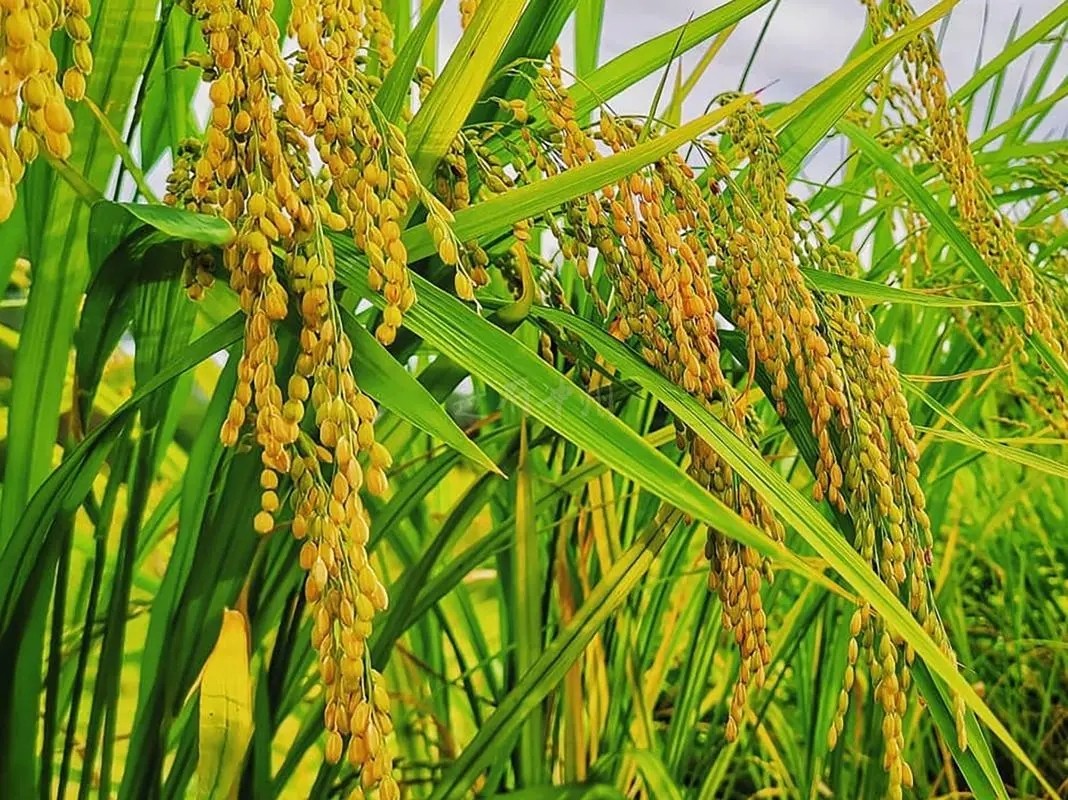
During the growth period of rice, early spring seedlings often encounter low temperature and strong light stress that suddenly turns sunny after continuous rain, causing seedling rot. The main reason is that under low temperature and strong light, light energy utilization is limited, and excess light energy harms the photosynthetic organs of rice, that is, causes the generation of low temperature light inhibition.